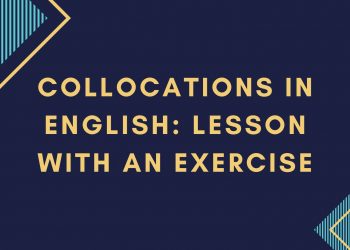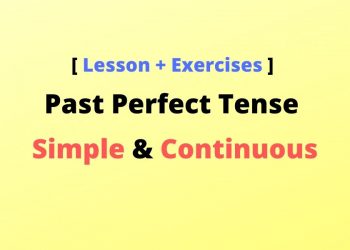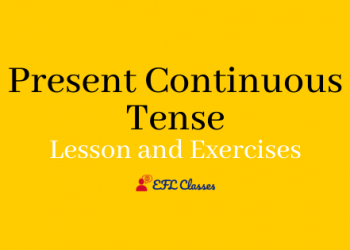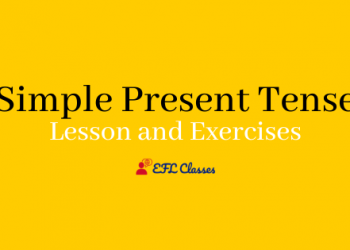**MASTERING THE MYSTERY OF MODAL VERBS: SPEAK ENGLISH WITH CONFIDENCE**
Modal verbs might seem like small words, but they carry powerful meaning in English. They help express ability, possibility, necessity, permission, and more. Understanding how to use them correctly can greatly improve your fluency and make you sound more natural.
### 🔍 What Are Modal Verbs?
Modal verbs are auxiliary (helping) verbs that modify the meaning of the main verb in a sentence. Common modal verbs include:
– Can / Could
– May / Might
– Shall / Should
– Will / Would
– Must
– Ought to
They are always followed by the base form of the verb (without “to”), except for “ought to.”
—
### ✅ Examples of Modal Verbs in Use:
| Modal Verb | Use | Example Sentence |
|————|———————|—————————————–|
| Can | Ability/Permission | She can speak three languages. |
| Could | Past ability | He could run fast when he was young. |
| May | Permission | May I use your phone? |
| Might | Possibility | It might rain later. |
| Shall | Future/Offer | Shall we go for a walk? |
| Should | Advice | You should eat more vegetables. |
| Will | Future | They will arrive at 6 PM. |
| Would | Politeness/Hypothetical | I would love a cup of tea. |
| Must | Obligation | You must wear a seatbelt. |
| Ought to | Moral advice | You ought to respect your elders. |
—
### 🧠 Quick Grammar Tips
– Modal verbs do not change form. There is no “s” for third person singular.
– Incorrect: He cans swim.
– Correct: He can swim.
– Questions and negatives with modals don’t need do/does/did.
– Question: Should I call her?
– Negative: You must not smoke here.
—
### 📝 Exercise: Fill in the Blank
Choose the correct modal verb for each sentence:
1. You _____ speak loudly in the library.
2. I _____ finish my project by tomorrow – it’s urgent.
3. _____ you like some tea?
4. When I was younger, I _____ climb trees easily.
5. We _____ go hiking this weekend if the weather is good.
**Answers:**
1. must not
2. must
3. Would
4. could
5. might
—
# Modal
# verbs
# in
# English
# language









